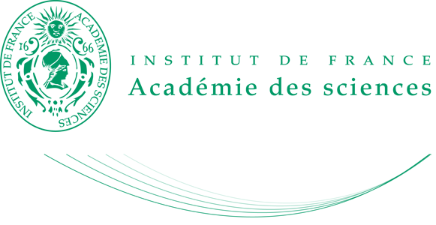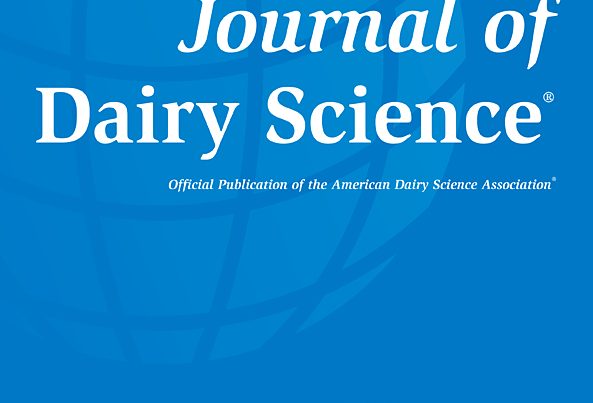Document type : Opinions delivered by four French scientific academies (Académie des Sciences, Académie de Médecine, Académie Vétérinaire de France, Académie nationale de Pharmacie)
Authors: Académie des Sciences, Académie de Médecine, Académie Vétérinaire de France, Académie nationale de Pharmacie
Preview: The recurrent health crises we have recently experienced (AIDS, BSE, SARS, MERS, influenza, SARS-CoV-2) are all of animal origin, which should lead to closer working between the human and veterinary medical sectors. This has already been the subject of a joint recommendation by major international organisations (WHO, FAO, OIE, UNICEF, World Bank, Unisic) in 2008, who published a document entitled: "One World, One Health: a strategic framework for reducing risks of infectious diseases at the animal-human-ecosystems interface". This plan was adopted by the inter-ministerial conference on avian influenza in Sharm El-Sheikh in October 2008.
Unfortunately, the situation in France has not improved, or only slightly. The separation between human and veterinary medicine remains, with a few exceptions, unchanged, whether in terms of recruitment or of the training of students, who do not fall under the same government department. Moreover, researchers in human and veterinary medicine generally belong to different research institutes. While this is understandable, it is regrettable that we have seen no increase in interaction between them, few joint programmes, no or very few joint doctoral schools or laboratories, and no budgetary envelopes that are shared between them.
The mistakes and controversy of last year, when Covid-19 screening was introduced, are a concrete example of the need to de-compartmentalise veterinary and human medicine. Bringing the two sectors closer together would have allowed less time to be lost before the practical deployment of the PCR diagnostic equipment made available by veterinary laboratories and would have avoided a regional health agency having to request an audit of its local veterinary laboratories, which demonstrates the presence of watertight partitions between the two systems.
While we emphasise the hope born of a number of initiatives, in particular PREZODE, announced at the One Planet Summit on 11 January in Paris, the Académie des Sciences, the Académie Nationale de Médecine, the Académie Nationale de Pharmacie and the Académie Vétérinaire de France wish, through this Opinion, to draw the attention of our national authorities, the media and the general public to the need to take the necessary measures to bring together the two professional sectors for human health and animal health. We academies remain at the disposition of the authorities to explore with them all the material improvements that could be made in this area.
Some of these applications call only for political will, starting with the harmonisation of the scientific training pathways for future human health and animal health professionals, the opening up of important lines of funding for joint doctoral schools and joint research projects, and the management of these training pathways by a single ministerial authority.






